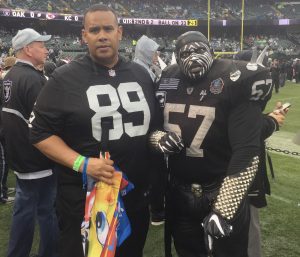Director of Tulane University’s Master’s of Public Health Program Dr. Susan Hassig commented on Louisiana’s battle against the coronavirus and its impact on the African-American community.
“You’ve got black residents [who] make up 32 percent of Louisiana’s population. Seventy percent of those who died with coronavirus were African-American. I mean, this solution, it’s layered. I mean, there needs to be access to health insurance, better food sources, information on nutrition,” co-host Arthel Neville said on “America’s News HQ,” asking: “Can we fix this chronic crisis?”
“I think we can, but it’s going to take a tremendous effort at multiple levels of society. We talk about social determinants of health,” Hassig said. “And I think that the experience that the African-American community is having with COVID-9, not just in New Orleans but in Chicago and in Detroit, is really placing a spotlight on the fact that access to health care and particularly access to preventative health care, helping individuals who have hypertension to keep it under control, helping people to avoid diabetes or if they have diabetes, to keep it under control.”
Recent reports have shown that the virus has disproportionately impacted African-Americans and Latino communities, particularly in urban areas.
Hassig also stressed to Neville the importance of antibody tests.
“The antibody test is a way to identify individuals who have already been infected and have recovered their body’s immune systems, have created a response that has helped to eliminate the virus from their body,” Hassig said. “So it’s very important to have that information to know who’s already infected, what percent of the population may already have been infected and recovered. That has great implications for how many people are still at risk.”




